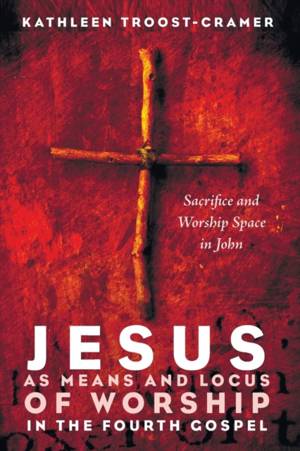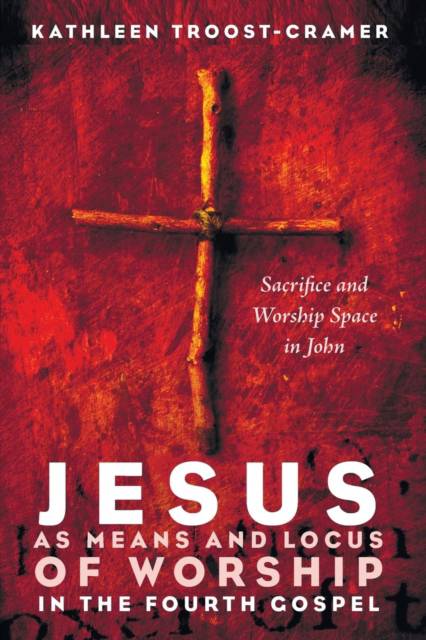
- Retrait gratuit dans votre magasin Club
- 7.000.000 titres dans notre catalogue
- Payer en toute sécurité
- Toujours un magasin près de chez vous
- Retrait gratuit dans votre magasin Club
- 7.000.0000 titres dans notre catalogue
- Payer en toute sécurité
- Toujours un magasin près de chez vous
Jesus as Means and Locus of Worship in the Fourth Gospel
Sacrifice and Worship Space in John
Kathleen Troost-Cramer
Livre broché | Anglais
37,95 €
+ 75 points
Format
Description
"The anti-Semitic Gospel"--this is how the book of John is frequently described and perceived, thanks to the pervasive presence of "the Jews" as Jesus' enemies who harass the Son of God to his death. But how accurate is this assessment? This book presents John as Jewish to its core, a record of first-century Judaism's searching for a place of worship after the traumatic destruction of the Jerusalem temple in 70 CE. As Judean religious authorities regrouped to redefine the faith of Israel, the Jesus sect within Judaism took a different course, proposing that worship was not to be found in Torah study or in the temples of Roman civic religion, but in the person of Jesus, Israel's Messiah. John achieved this by presenting Jesus as the sacrifice demanded of all worship in the ancient Mediterranean, the temple in which sacrifice was performed, and the priest who offers the sacrifice, with those who embraced this sacrifice as Israel in the wilderness, possessing the divine Presence in its midst. Relying on traditions of the Binding of Isaac, the Suffering Servant, and Jewish temple rites, John, far from proclaiming the futility of Jewish worship, seeks to preserve it in the person of Jesus.
Spécifications
Parties prenantes
- Auteur(s) :
- Editeur:
Contenu
- Nombre de pages :
- 188
- Langue:
- Anglais
Caractéristiques
- EAN:
- 9781532612855
- Date de parution :
- 07-11-17
- Format:
- Livre broché
- Format numérique:
- Trade paperback (VS)
- Dimensions :
- 152 mm x 226 mm
- Poids :
- 317 g

Les avis
Nous publions uniquement les avis qui respectent les conditions requises. Consultez nos conditions pour les avis.






